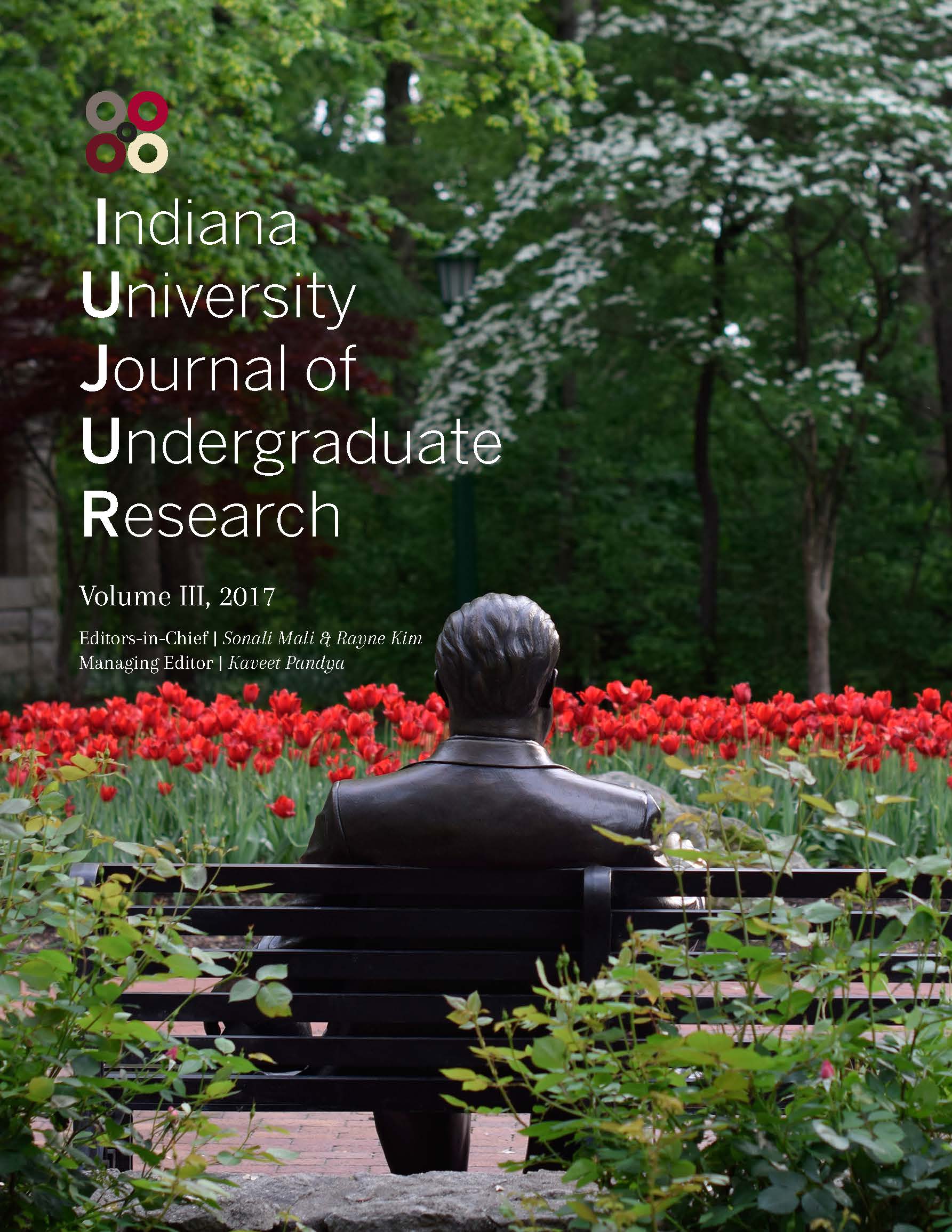Should Fingerprint Examiners Make More Erroneous Identifications?
Main Article Content
Abstract
This study was conducted as a response to the concerns about the consequences of latent fingerprint examinations. The goal is to determine if society’s moral values align with the current bias towards erroneous exclusion decisions over erroneous identification decisions found in latent print examinations. Subjects of this experiment were asked to manipulate a webbased visualization that reflects the tradeoffs between putting guilty people in jail and keeping innocent people out of jail. The results of the experiment were analyzed to determine the similarities and differences between the opinions of fingerprint examiners and the opinions of students and members of the general public. In practice, examiners adopt more conservative decision criteria, because they could lose their job if they put an innocent person in jail. According to the results of this study, examiners seem to have a much more liberal exclusion criterion than they actually do in casework, and the public seems willing to tolerate a higher amount of erroneous identifications in exchange for a lower erroneous exclusion rate based on their average criteria placement in the visualization. The results of this study will help examiners align their responses to those of society, and help all citizens understand the tradeoffs that can occur with shifting decision criteria. If the results of the study indicate the need to shift the decision criteria to put more criminals in jail, additional safeguards may be necessary to guard against innocent people going to jail. Thus this dataset represents a rich framework for measuring, interpreting, and responding to the values and beliefs of what constitutes a just and moral society.
Downloads
Article Details
Authors who publish with this journal agree to the following terms:
- Ownership of the copyright shall remain with the Author, subject to IUJUR’s use and the rights granted by the Creative Commons license assigned by the Author. A Creative Commons Attribution-NonCommercial 4.0 International (CC BY-NC 4.0) license will be applied to the published work unless otherwise indicated in the Student Author Contract. The CC BY-NC 4.0 license (https://creativecommons.org/licenses/by-nc/4.0/) lets others remix, tweak, and build upon the published Work non-commercially, and although the new works must also acknowledge the original IUJUR publication and be noncommercial, they don’t have to license their derivative works on the same terms.Authors are able to enter into separate, additional contractual arrangements for the non-exclusive distribution of the journal's published version of the work (e.g., post it to an institutional repository or publish it in a book), with an acknowledgement of its initial publication in this journal.
- Authors are permitted and encouraged to post their work online (e.g., in institutional repositories or on their website) prior to and during the submission process, as it can lead to productive exchanges, as well as earlier and greater citation of published work (See The Effect of Open Access).
References
Bellehumeur, C., Li, L., Sun, Q., & Gu, P. (2004). Modeling of Fiske, A. P. & Tetlock, P. E. (1997). Taboo Tradeoffs: Reactions to Transactions That Transgress the Spheres of Justice. Political Psychology, 18(2), 255-297.
Macmillan, N. A. & Creelman, C. D. (2004). Detection Theory: A User’s Guide: Taylor & Francis.
Ulery, B. T., Hicklin, R. A., Buscaglia, J., & Roberts, M. A. (2011). Accuracy and reliability of forensic latent fingerprint decisions. Proceedings of the National Academy of Sciences, 108(19), 7733-7738.

